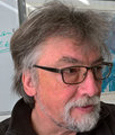
Frank Bauer
Oxford Instruments
Germany
EMBO Practical Course
This course will bring together early career researchers in the fields of geology, planetary science, micro- and molecular biology for an introduction to the interdisciplinary field of Geobiology. Participants will be introduced to a collaborative environment and the course will facilitate interaction between researchers in multiple fields who would otherwise have a limited opportunity to exchange ideas. One of the core objectives will be knowledge translation and mobilisation.
The principal themes include methods in field geobiology, integrating geochemical and biological data, interpretation across scales, nucleic acid extraction from rock samples, differences in resolution between field and laboratory data sets, and the importance of geobiology to astrobiology and origin of life studies. Participants will have the opportunity to conduct field research at the Ries impact structure to put into practice lessons learned regarding geobiology field work. This field excursion is the first geobiological field trip to an impact structure and will be led by internationally renowned experts in impact cratering. Participants will come away with the ability to plan and conduct molecular biology research in rock-hosted microbial systems.
This course is directed towards early career researchers, graduate students or postdoctoral researchers interested in geobiology. A background any of the following fields is essential – molecular biology, microbiology, geobiology, geochemistry, mineralogy or microbial ecology.
Successful participants of this practical course will be able to:

Oxford Instruments
Germany
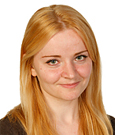
EMBL Heidelberg
Germany
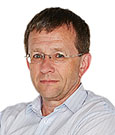
EMBL Heidelberg
Germany
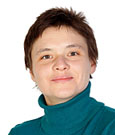
EMBL Heidelberg
Germany
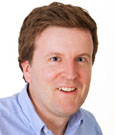
The University of Edinburgh
UK
Oxford Instruments
Germany
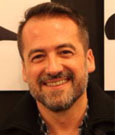
Center of Astrobiology Madrid
Spain
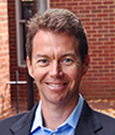
NASA Ames Research Center
USA

EMBL Heidelberg
Germany
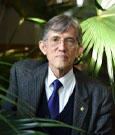
The National Autonomous University of Mexico
México
Spanish National Research Council
Spain
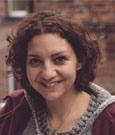
University of Manchester
UK
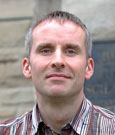
Western University
Canada
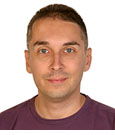
EMBL Heidelberg
Germany
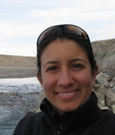
Massachusetts Institute of Technology
USA
EMBL Heidelberg
Germany
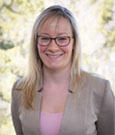
McGill University
Canada
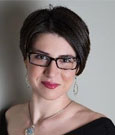
Caltech
USA
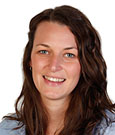
EMBL Heidelberg
Germany
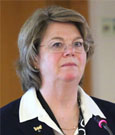
CNRS
France

Center of Astrobiology Madrid
Spain

Caltech
USA
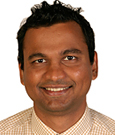
EMBL Heidelberg,
Germany
EMBL Heidelberg
Germany
Date: 25 - 30 Aug 2018
Location: EMBL Heidelberg